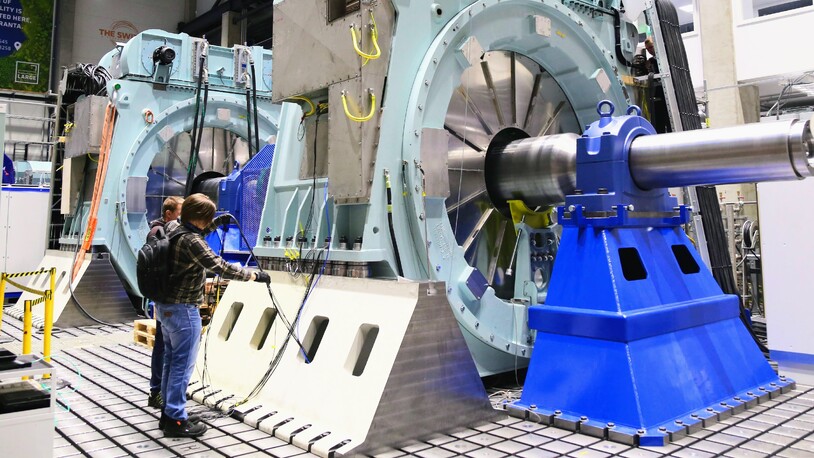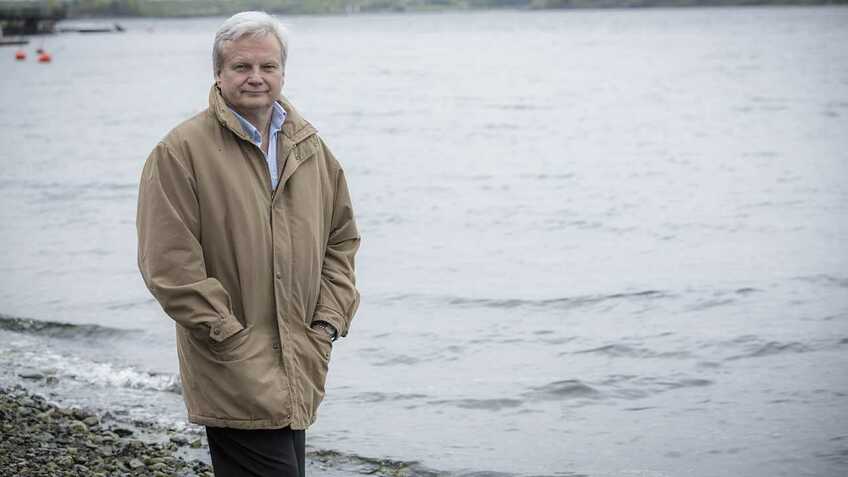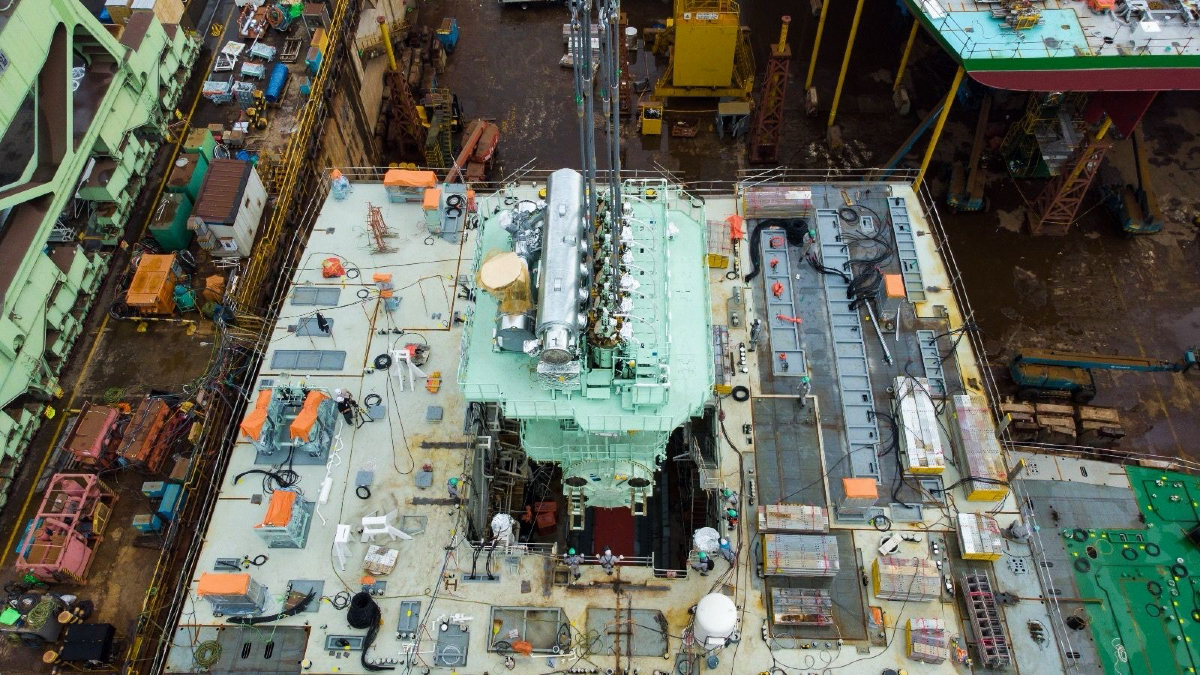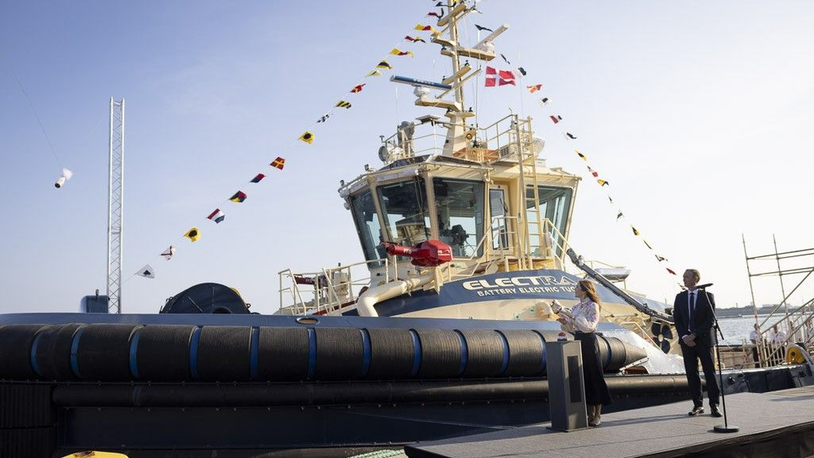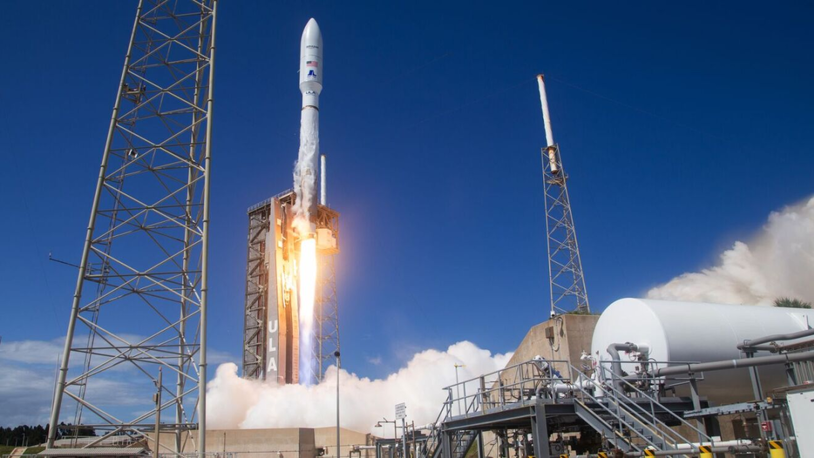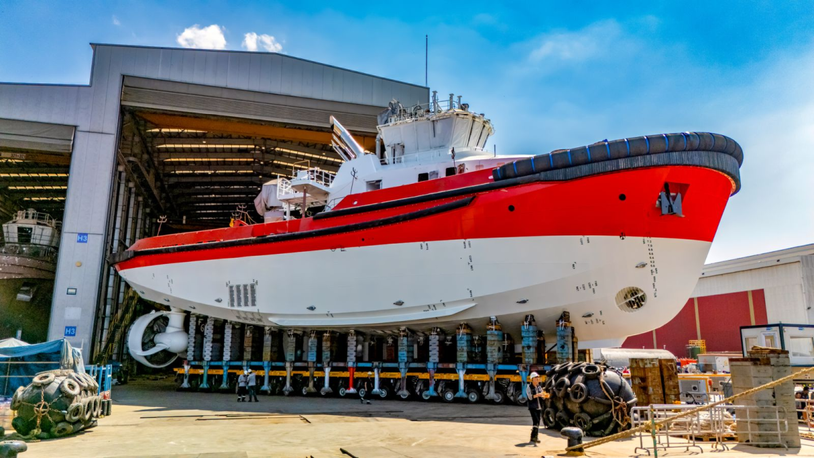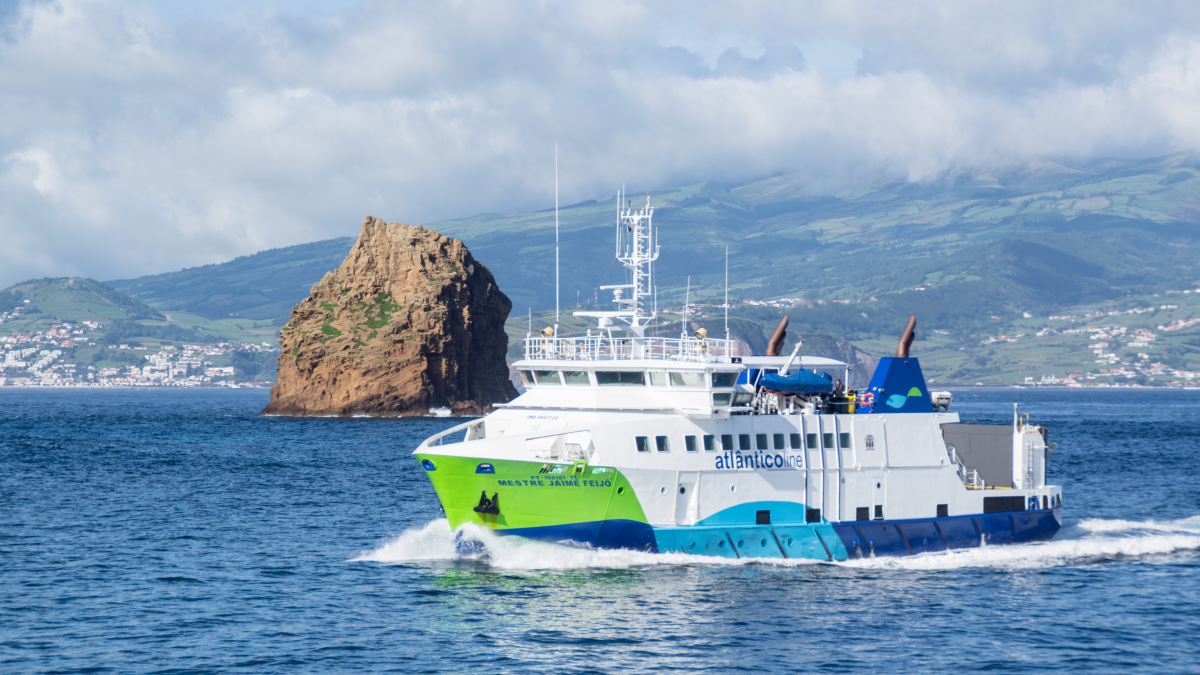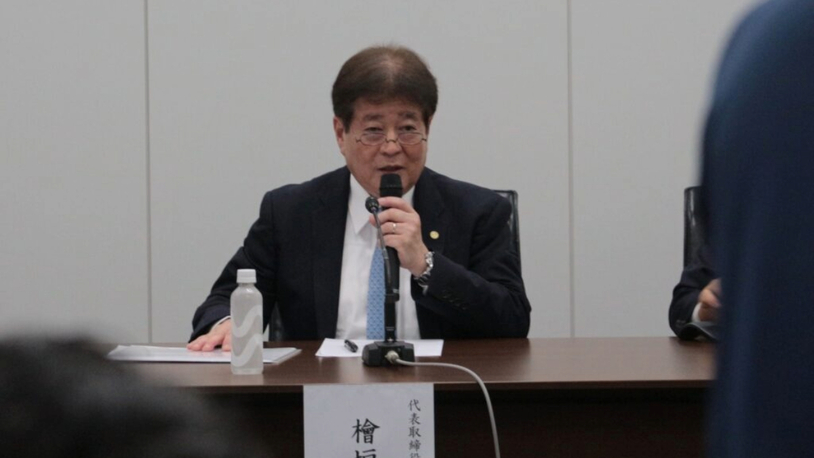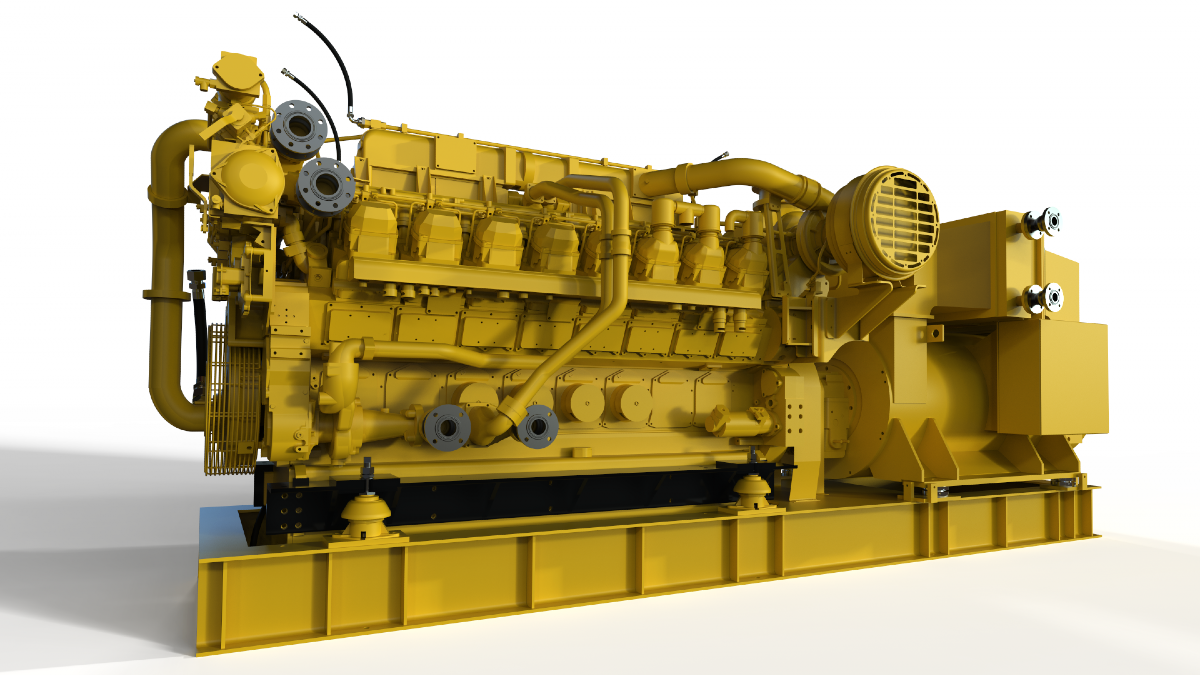Business Sectors
Events
Floating energy: successfully unlocking stranded gas using FLNGs and FSRUs
Contents
Norway’s quest for green coastal shipping brings together industry and government
Green Coastal Shipping Programme director Narve Mjøs to speak at hybrid and electric conference in Bergen
As a world leader in developing and applying hybrid and electric solutions, Norway is a natural venue for the Maritime Hybrid & Electric Conference, which will be held in Bergen on 4-5 September.
The Green Coastal Shipping programme, which seeks to develop the world’s most environmentally friendly fleet of coastal vessels through a partnership between government and industry, is a prime example of such expertise. Director Narve Mjøs will share how the programme seeks to react fast and influence the new business environment of alternative propulsion in the first session of the conference, focused on industry trends and development.
Established in 2015, the Green Coastal Shipping Programme is expected to continue for more than 20 years, covering multiple projects and technologies.
“We want to make Norway a world leader in, and a showcase for, green coastal shipping and to attract international attention.”
“We envisage a fleet of offshore vessels, tankers, cargo, container, bulk and passenger ships, ferries, fishing and aquaculture vessels, tugs and other coastal vessels, run entirely or partly using batteries, LNG or other green fuels,” said Mr Mjøs at the programme’s launch.
The programme’s initial cohort comprises five projects:
Plug-in hybrid cargo ferry
Nor Lines is project leader for this short-sea container ship, which has a plug-in hybrid LNG/battery propulsion system, enabling it to operate in zero-emissions mode when entering and leaving ports and during port operations.
Green shuttle tankers
Led by Teekay Tankers, this project focuses on using batteries to improve tanker operations. It also involves developing new ways of harnessing volatile organic compounds produced during operations to reduce environmental impact and fuel consumption.
Hybrid ocean farming vessel
ABB and the Cargo Freighters’ Association are investigating hybrid propulsion for ocean farming vessels in this project, seeking to explore how vessels can be made more energy efficient in different operational modes.
LNG-battery hybrid cargo carrier
This project, led by Øytank Bunkerservice and the Norwegian Gas Association, involves converting a standard cargo-carrying vessel to be powered by a combination of LNG and battery technology, with the goal of producing no emissions during port operations. It will also assess how suitable existing cargo carriers are for conversion into small LNG carriers.
Green port project
This focuses on reducing energy consumption and the carbon footprint of Stavanger’s Risavika harbour. Technology to be explored includes electric-powered heavy vehicles and cranes, smart gates for trucks and charging stations for plug-in hybrid vessels. Also covered will be energy hub services in a more differentiated fuel mix.
Snapshot CV: Narve Mjøs
Mr Mjøs has comprehensive experience in technical analysis, software quality, risk management, certification, business development and line management in several industries - space, energy and maritime included. Since January 2013 he has been responsible for DNV GL’s battery-related maritime services and projects.
Currently, he is programme director of the Green Shipping Program - a partnership between the Norwegian Government and the maritime industry.
Mr Mjøs holds a Master of Science in structural engineering from the Norwegian University of Science and Technology
Riviera Maritime Media’s Maritime Hybrid & Electric Conference will take place at the Scandic Bergen City Hotel in Bergen, Norway, on 4-5 September 2019.
Tickets can be booked online with a discount for group bookings.
Related to this Story
Events
Maritime Regulations Webinar Week
Floating energy: successfully unlocking stranded gas using FLNGs and FSRUs
© 2024 Riviera Maritime Media Ltd.

